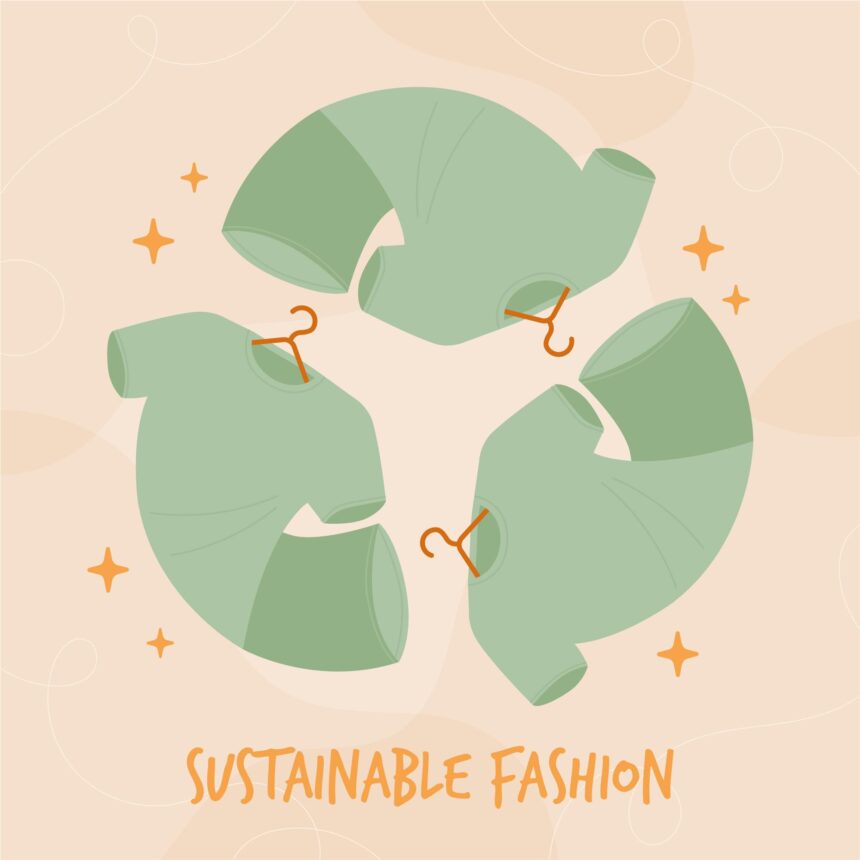In recent years, sustainable fashion has gained significant attention and recognition as consumers and fashion industry stakeholders become more conscious of the environmental and social impacts of the fast fashion model. South Africa, a country known for its rich cultural heritage and diverse fashion landscape, has seen the rise of ethical brands that combine sustainability with creativity. In a surprising twist, some of these South African ethical brands are now exploring the world of non-fungible tokens (NFTs) to further promote their values and engage with their audiences.
NFTs, or non-fungible tokens, are unique digital assets that are stored on a blockchain, a decentralized and transparent digital ledger. They have gained significant traction in the art world, where artists can tokenize their work, proving ownership and authenticity in the digital realm. However, NFTs are not limited to art alone; they have the potential to revolutionize the fashion industry and contribute to sustainable practices.
South African ethical brands are taking advantage of this new digital landscape by leveraging NFTs to showcase their sustainable fashion collections and tell the stories behind their garments. By tokenizing select pieces, these brands can provide transparency and traceability throughout the supply chain, ensuring that consumers can verify the ethical practices involved in the creation of their clothing.
One notable South African ethical brand exploring the potential of NFTs is MaXhosa Africa, founded by Laduma Ngxokolo. MaXhosa Africa is renowned for its vibrant knitwear inspired by the traditional Xhosa beadwork and patterns. By creating NFTs for their designs, the brand not only allows collectors to own a digital representation of their unique garments but also educates consumers about the cultural significance of their creations. NFTs provide an opportunity for MaXhosa Africa to bridge the gap between fashion, art, and cultural heritage, all while promoting sustainable practices.
Another South African brand making waves in the ethical fashion space is The Joinery, founded by Marisa Fick-Jordaan. The Joinery focuses on upcycling and repurposing textiles to create contemporary, eco-friendly clothing. Through NFTs, The Joinery can showcase the transformation process of their garments, from the initial material to the final design. This transparency fosters a connection between consumers and the brand, as they can witness the sustainability journey firsthand.
NFTs also offer a unique platform for South African ethical brands to collaborate with local artisans and communities. By tokenizing collaborations with skilled artisans, brands like Lalesso and Sindiso Khumalo can empower and provide visibility to traditional crafts and techniques. NFTs allow consumers to support these collaborations by owning digital representations of the unique pieces produced, contributing to the preservation and promotion of cultural heritage.
While the integration of NFTs in sustainable fashion presents exciting opportunities, it is crucial to consider the environmental impact of this technology. The energy consumption associated with blockchain technology, particularly in the case of cryptocurrencies, has raised concerns regarding sustainability. However, advancements are being made to address these issues, such as the development of more energy-efficient blockchains and carbon offset initiatives.
South African ethical brands are at the forefront of this movement, striving to find a balance between innovation and sustainability. By exploring the potential of NFTs, they are pushing the boundaries of traditional fashion while staying true to their commitment to ethical and sustainable practices.
In conclusion, the integration of NFTs in the South African sustainable fashion scene offers a unique opportunity for brands to promote transparency, cultural heritage, and community empowerment. By tokenizing their designs, South African ethical brands can engage with consumers on a deeper level, creating a connection that goes beyond the physical garment. While challenges remain, the forward-thinking approach of these brands shows that sustainability and innovation can go hand in hand, leading the way for a more conscious and digitally inclusive fashion industry.










